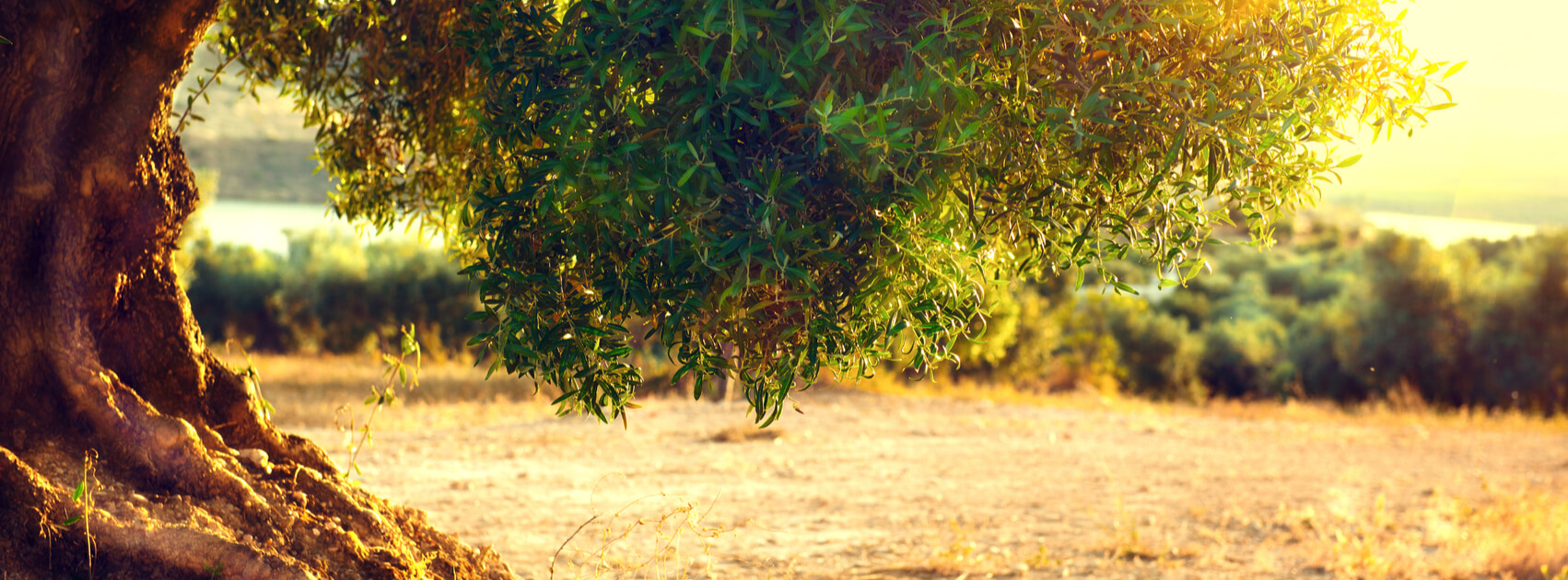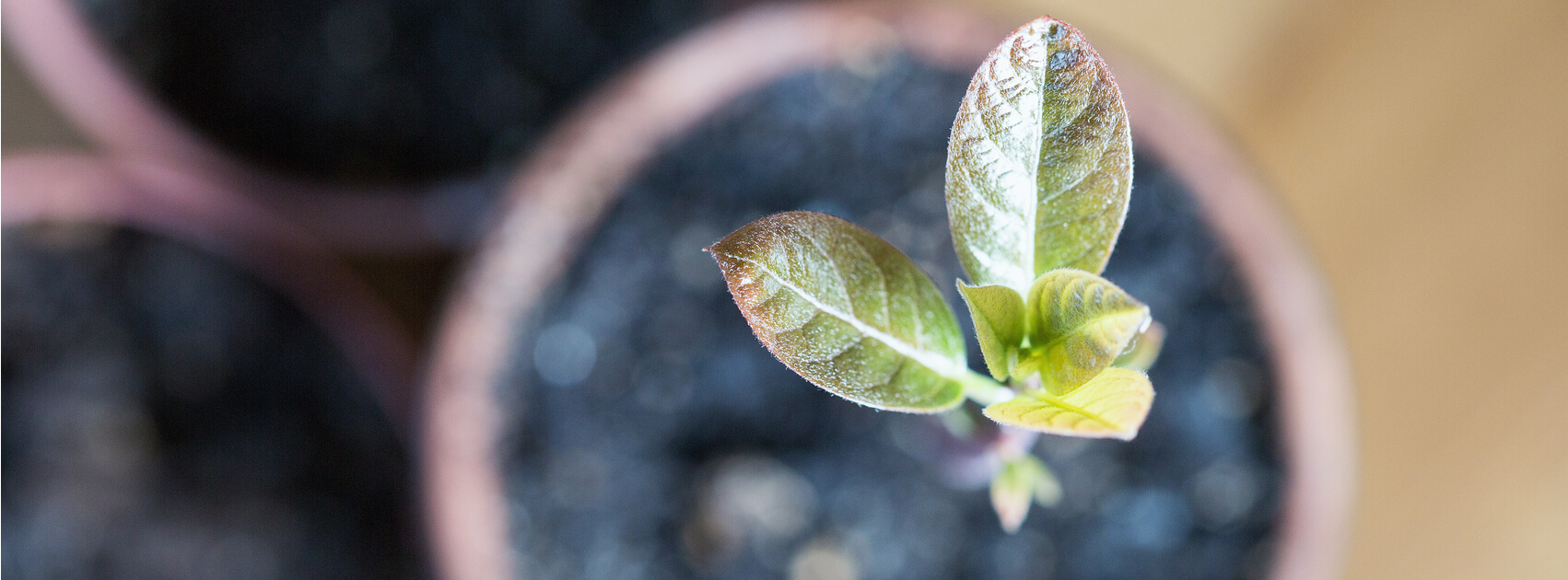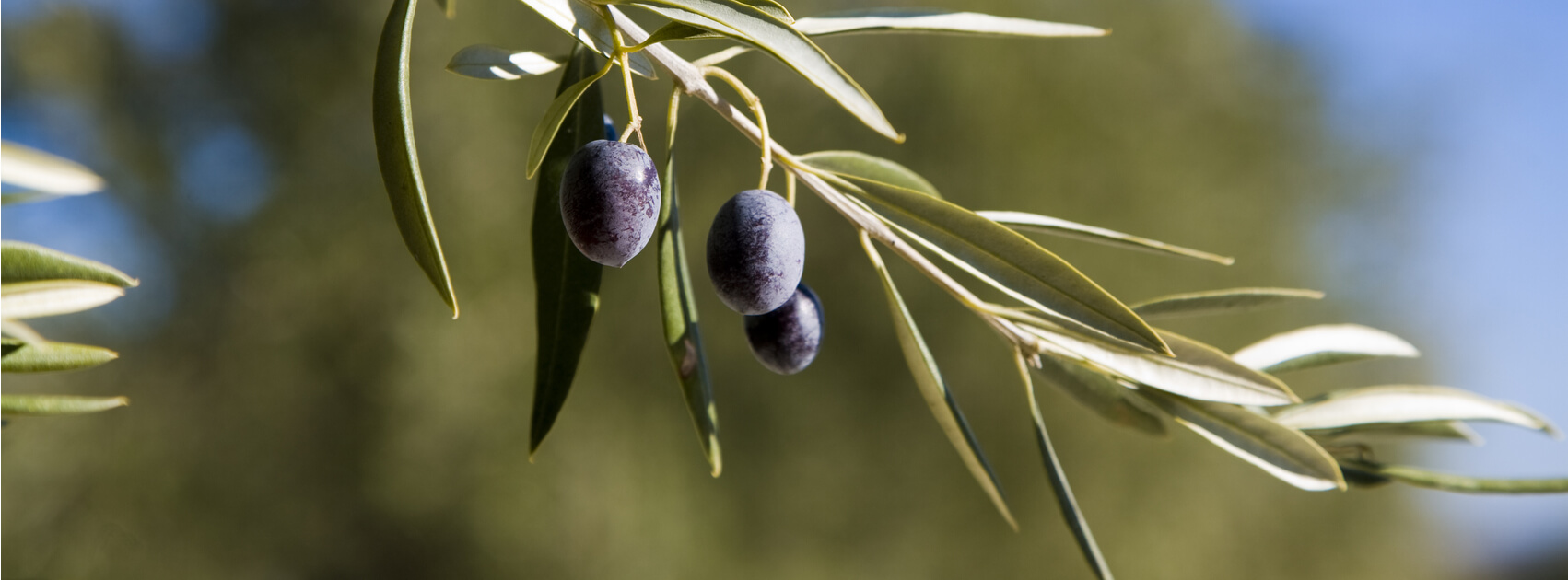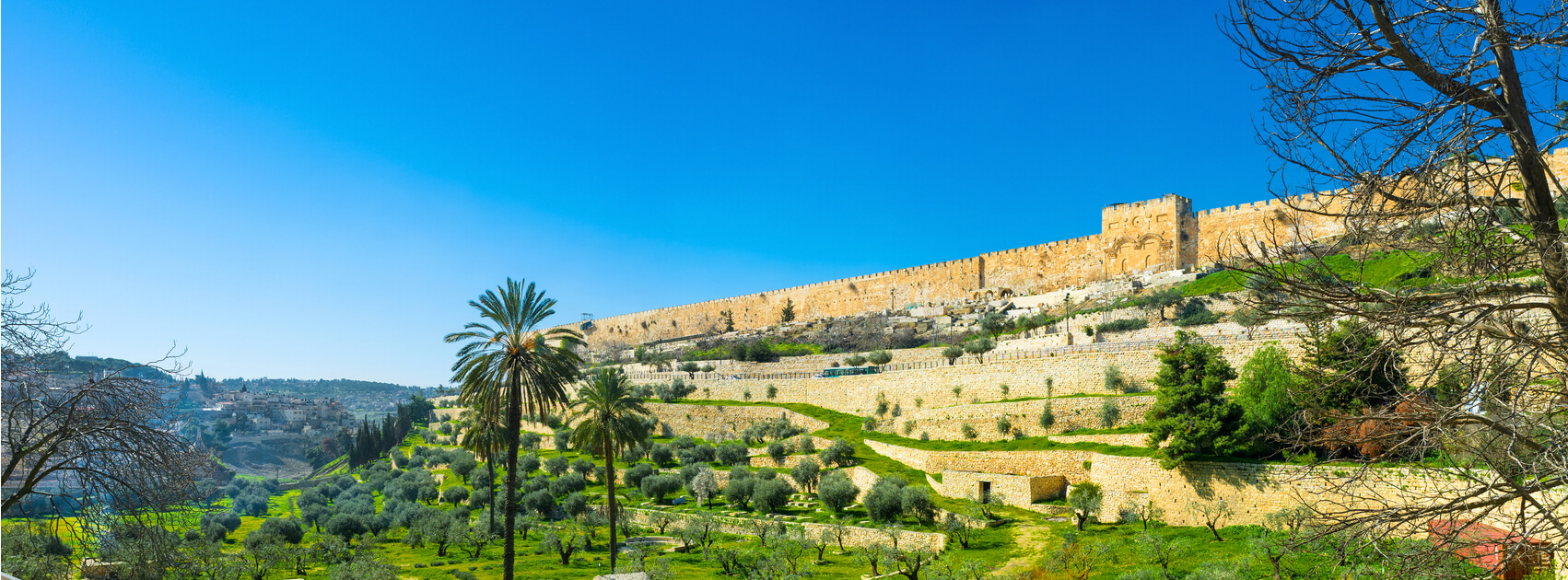
What comes to mind when you hear the word legacy? It certainly can mean an inheritance, but the word legacy means so much more—it’s something bigger than ourselves.
Legacy isn’t leaving behind a material object to a future generation; it's passing on your values, passions, and beliefs to those who come after so that they, in turn, continue to carry out your vision and mission to full fruition.
What kind of legacy do you want to leave?
The dictionary describes the meaning of legacy as “an amount of money or property left to someone in a will… a bequest, inheritance, heritage, endowment, gift, patrimony, settlement, birthright, or benefaction.”
In today’s culture, we find ourselves extremely busy. We have strong values that we know will benefit future generations, but everything in our lives is fleeting. It goes as quickly as it comes, and kids and grandkids grow up fast.
Those who have a strong desire to leave a legacy that can be a teaching and guiding tool for generations often look beyond bank accounts and material possessions. They seek something that passes on their heritage.
Think even bigger; your heritage includes your physical and spiritual roots. Most people want to pass on knowledge and understanding they wish they would’ve grasped sooner in life. Concepts such as loving your neighbor, never giving up, and reaping what you sow have a much deeper meaning later in life.
What can you do to pass these bits of wisdom and character-building concepts on long after you are gone?
Let’s take a look at what Israel, a nation that has stood the test of time, has done.

History: Israel’s Tradition of Leaving a Legacy
From the time humanity received the assignment to harness the Earth’s potential, they understood the importance of planting and growing to sustain life. The principle of “you reap what you sow” was born. In fact, reaping and sowing are mentioned throughout biblical text because they made up the foundation of life and legacy for Israel.
What you give you get. What you put into the ground multiplies when it grows. This rule doesn’t only apply to literal seeds sown, but to spiritual seeds as well. When we love, honor, help those less fortunate, and nurture patience, it comes back to us sevenfold.
“I will make you a great nation; I will bless you and make your name great; and you shall be a blessing. I will bless those who bless you, and I will curse him who curses you; and in you all the families of the earth shall be blessed.”—Genesis 12:2-3
Ancient Israel
The inheritance from one generation to the next was highly regarded in biblical times. It was usually passed down to the sons; in one situation we see 5 daughters—the only children of a man from the tribe of Manasseh—coming to Moses to petition for their father’s inheritance (see Numbers 27:1-6).
They were asking for the right to keep their father’s name alive within the land of Israel by receiving the inheritance as a son would. God confirmed to Moses that they did indeed have the right of inheritance.
They were granted the right to receive a possession among their father’s brothers. In this instance, inheritance was important. Legacy was treasured.
In 2 Kings 8, we see the Shunammite woman come to petition the king for her land and her possessions to be returned to her. The 7-year famine was over, she returned to the land, and she hoped that what had rightfully been hers would be restored—this was her inheritance, her legacy.
The Shunammite relied on the king’s support; without it she would not survive. She petitioned the king for her house and her land. The king granted her petition because he heard of the miraculous work done in her life—Elisha had raised her son from the dead!
She had been famously known for the work of the Almighty God in her life. Not only was her house and land returned, but “all the proceeds of the field from the day that she left the land until now” were restored to her.
Her inheritance was given back with increase! She was then able to leave a legacy, an inheritance, to her son, not only in earthly goods but also with a testimony of the goodness of the Almighty God—this is a biblical legacy.

Present Day: Planting a Tree, a Time-Honored Tradition
For the Jewish people, planting a tree was a way to make a lasting, living memorial that honored a loved one. And God’s Word speaks about the olive tree, its roots, branches, and those grafted in.
Therefore, when an olive tree is planted in the ancient Kidron Valley of Israel, it becomes a physical manifestation of the honor shown for those loved and lost.
A common phrase spoken at Passover by the Jewish people was, and still is, “Next year in Jerusalem.” Take those who died in the Holocaust and were robbed of the opportunity to return to Jerusalem “next year.” Planting a tree in their honor allows their name to be honored in a traditional way.
Tree planting for whom you’ve lost is a symbol of honor that passes from their generation to the next. It’s a way for both the Jewish people of yesterday and the children of God who have been grafted in to say, “You are not forgotten,” in the most surreal way—as a living memorial in the Holy Land.

Future: My Olive Tree Helping Restore Israel and the Land Covenant
The Jewish people return to their ancestral homeland, and the land is restored.
- “If any of you are driven out to the farthest parts under heaven, from there the Lord your God will gather you, and from there He will bring you. Then the Lord your God will bring you to the land which your fathers possessed, and you shall possess it. He will prosper you and multiply you more than your fathers.”—Deuteronomy 30:4-5
God made a covenant with Israel before the death of Moses and the nation’s entry into the Promised Land. When we stop and marvel at the creation story, we see how God precisely created and placed the land, waters, animals, and plant life in distinct areas of the Earth. Therefore, there must be a connection between us and the land.
God’s Promise of the Restored Land
- “For the earnest expectation of the creation eagerly waits for the revealing of the sons of God. For the creation was subjected to futility, not willingly, but because of Him who subjected it in hope; because the creation itself also will be delivered from the bondage of corruption into the glorious liberty of the children of God.”—Romans 8:19-21
The Land Covenant from Deuteronomy points to these future events of land restoration. At that time, Moses speaks to the nation of Israel under the inspiration of the Lord of what will come to pass, and the hope of restoration.
- “Now it shall come to pass, when all these things come upon you, the blessing and the curse which I have set before you, and you call them to mind among all the nations where the Lord your God drives you, and you return to the Lord your God and obey His voice, according to all that I command you today, you and your children, with all your heart and with all your soul, that the Lord your God will bring you back from captivity, and have compassion on you, and gather you again from all the nations where the Lord your God has scattered you.”—Deuteronomy 30:1-3
Right now, you have the unique and historic opportunity to leave a lasting legacy that has great significance to Israel and the Messiah. My Olive Tree’s partnership with the City of Jerusalem and the Israeli Defense Forces allows us to plant your tree in the heart of Israel—for protection, remembrance, and honor.
Instead of just praying for peace in Israel, you can create a true place of peace and restoration that leaves an eternal legacy and prepares the way for the Messiah’s triumphant coming!

FAQs:
Q: What is the King’s Valley/Kidron Valley?
A: The Kidron Valley, also called the “Valley of the Kings” and the “Garden of the Kings,” is an ancient area located on the eastern side of Jerusalem. This valley where the kings of old, as well as Yeshua, once walked, is teeming with history, excitement, and anticipation of His return.
Q: What is the Land Covenant?
A: There are a number of references made in the Bible about Israel’s restoration, the Land Covenant.
“‘Behold, the days are coming,’ says the Lord, ‘When the plowman shall overtake the reaper, and the treader of grapes him who sows seed; the mountains shall drip with sweet wine, and all the hills shall flow with it.’”—Amos 9:13
“Now it shall come to pass, when all these things come upon you, the blessing and the curse which I have set before you, and you call them to mind among all the nations where the Lord your God drives you, and you return to the Lord your God and obey His voice, according to all that I command you today, you and your children, with all your heart and with all your soul, that the Lord your God will bring you back from captivity, and have compassion on you, and gather you again from all the nations where the Lord your God has scattered you.”—Deuteronomy 30:1-3
Read [HERE] for the full explanation of the Land Covenant.
Q: What is a biblical legacy?
A: A biblical legacy is one left to future generations that goes beyond material things. It encompasses biblical morals, virtues, values, and passions you have and that you long for future generations in your family to have.
Q: What is an environmental prophecy?
A: Environmental prophecy is prophecy about the revival and flourishing land of Israel in the end-times. It isn’t something greatly discussed in regard to the anticipated return of the Messiah. However, it is to be noted that God spoke of Israel’s restoration to include not only the return of the Jewish people to their land, but also of the revival of the land itself.
Q: What is My Olive Tree’s relationship with Israel and the City of Jerusalem?
A: In 2004 My Olive Tree’s founder, Curt Landry, met with then Israeli Finance Minister, Benjamin Netanyahu to discuss humanitarian aid efforts and the economic stability of Israel. Through the trusted relationship, My Olive Tree works with the Israeli Defense Forces (which has control over water distribution in Israel) and the City of Jerusalem to plant olive trees.
Q: I want to know more about the following:
Fill out this form to download your FREE guide!






